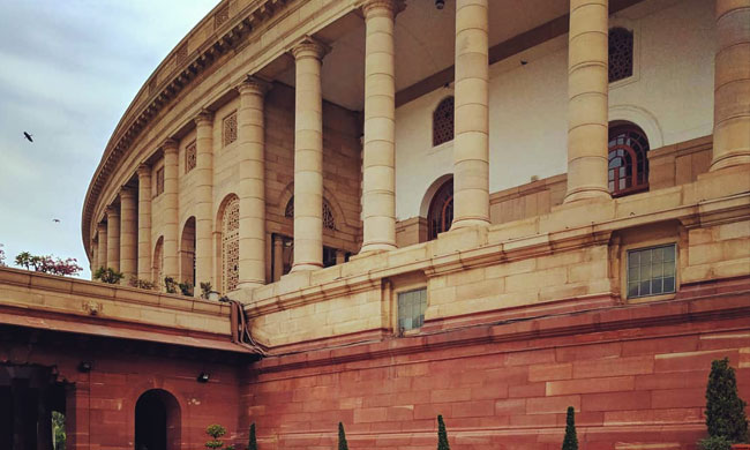Rajya Sabha Passes Bill To Increase Foreign Direct Investment In Indian Insurance Sector To 74%
Akshita Saxena
18 March 2021 9:21 PM IST

Next Story
18 March 2021 9:21 PM IST
The Rajya Sabha on Thursday passed the Insurance (Amendment) Bill, 2021 which seeks to increase the maximum permissible Foreign Direct Investment (FDI) in the insurance sector to 74%, from the current limit of 49%. The Bill to amend the Insurance Act, 1938 was introduced in the House by the Minister of Corporate Affairs, Nirmala Sitharaman, on March 15, 2021. As per the Statement...
